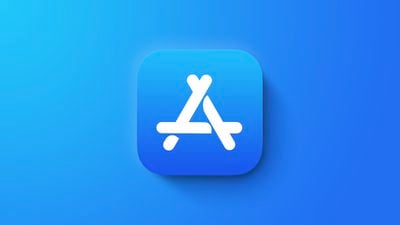Apple recently started sending payments to select App Store developers as part of a $100 million settlement it reached in the lawsuit Cameron et al v. Apple Inc., which alleged that Apple had a monopoly on the distribution of iOS apps and in-app purchases. Apple referred to the settlement as a “Small Developer Assistance Fund.”
Eligible developers will receive a payment between $250 and $30,000 from Apple depending on their total App Store earnings. Only developers in the U.S. who earned less than $1 million through the App Store per calendar year between June 4, 2015 and April 26, 2021 and submitted a claim by the May 20, 2022 deadline will receive payment. According to court documents, approximately 67,000 developers were eligible to submit a claim.
Apple denied all of the allegations and the settlement is not an admission of wrongdoing by the company. Developers receiving a settlement can no longer sue Apple individually for the same claims brought in the class action lawsuit, including any claim that they were overcharged by Apple as a result of the App Store’s fee structure.
It’s nice to get a surprise payment from the Cameron v. Apple, Inc. Settlement 🤑
— Khaos Tian (@KhaosT) October 21, 2022
JFC. Years ago I tested in-app purchases on iOS, and for @Apple‘s malfeasance in that, I got a check today for $4,032.44 in the Cameron v. Apple, Inc. class action suit. Was expecting about a grand. Woohoo!
— Scott Wallace (@63green) October 21, 2022
The lawsuit dates back to 2019, when a group of iOS developers accused Apple of using its App Store monopoly to impose “profit-killing” commissions. The lawsuit took issue with Apple’s standard 30% fee for App Store purchases, and was largely addressed with the late 2020 announcement of the App Store’s Small Business Program that cut the commission that small developers have to pay to 15% going forward.
As part of the settlement, Apple also updated its App Store Review Guidelines to allow developers to use outside-of-app communications like email to share information about payment methods available outside of iOS apps. As always, developers are not required to pay Apple a commission on purchases that take place outside of the App Store.
Apple also agreed to maintain the App Store’s Small Business Program without any changes for at least three years and made a few other concessions.
In related news, Apple also recently started sending payments to eligible retail employees as part of a $30.5 million settlement to end a long-running lawsuit over employee bag checks. The lawsuit involved nearly 15,000 employees in California who were subjected to off-the-clock unpaid bag searches between July 25, 2009 and August 10, 2015.
I got a settlement check in the mail for all the time Apple spent checking my purse while I was off the clock… which was zero minutes because I always left my purse in my car but somehow still worth hundreds of dollars.
— Ben Hunter (@benjaminhunter) October 18, 2022
damn i thought apple would send me a check for like $10 with their bag check settlement, but i got almost $1k 😂 we didn’t even do bag checks lmao
— chloe (@bitchl4sagna) October 20, 2022
Apple claimed that its bag searches ensured employees were not hiding stolen electronics in their personal belongings, and that employees who did not want to be subject to searches could leave their bags at home, but that argument was unsuccessful and a court ordered Apple to pay the employees for the time they had spent in bag searches.





